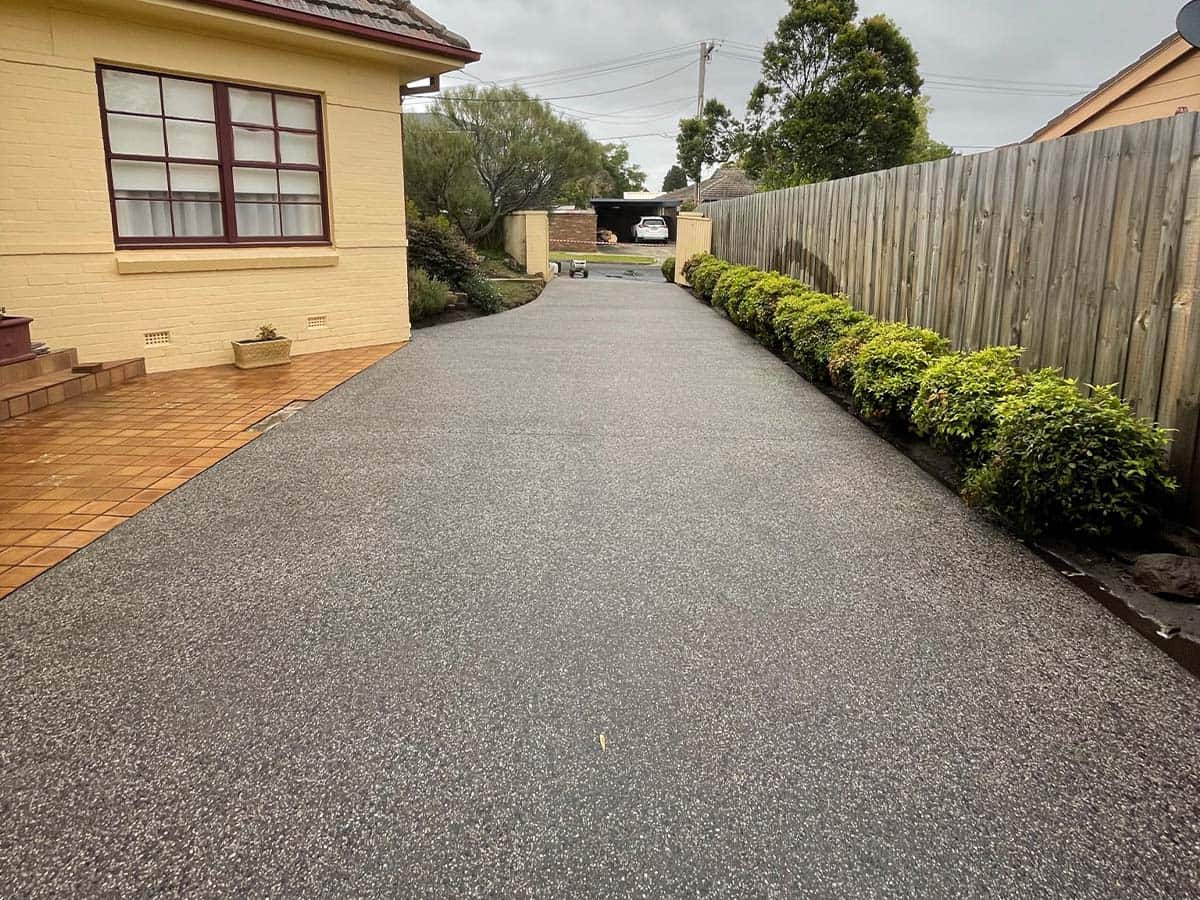Comprehensive Guide to Concrete: From Installation to Ending Up Touches
Revealing the Eco-Friendly Advantages of Making Use Of Recycled Concrete in Sustainable Building Practices
In the realm of lasting building practices, the application of recycled concrete stands as a crucial yet commonly undervalued source. Beyond its conventional applications, recycled concrete deals a myriad of green advantages that expand far past the confines of traditional building products.
Environmental Advantages
By including recycled concrete into construction techniques, there is a substantial reduction in the demand for new raw products, leading to conservation of natural resources. Additionally, the usage of recycled concrete decreases the quantity of waste being sent to landfills, therefore decreasing ecological contamination and reducing the strain on garbage dump capacities (Concrete).

In contrast, recycled concrete has a reduced carbon footprint as it reduces the need for brand-new concrete manufacturing. In general, the ecological benefits of making use of recycled concrete are substantial and play a crucial function in promoting environment-friendly construction techniques.
Cost-Efficiency
When assessing the utilization of recycled concrete in building and construction projects,Accomplishing cost-efficiency is an extremely important consideration. Among the crucial advantages of making use of recycled concrete is its cost-effectiveness compared to standard concrete. The manufacturing of recycled concrete involves less power and resources as it uses existing products, decreasing the total project expenses significantly. Furthermore, the accessibility of recycled concrete in your area can better lower transportation costs, making it an extra economical choice for building and construction tasks.
Additionally, making use of recycled concrete can bring about savings in land fill expenses by diverting concrete waste from disposal sites. This not only minimizes the ecological influence yet additionally removes the costs connected with waste elimination. The durability and performance of recycled concrete are similar to traditional concrete, making sure that cost savings do not endanger the quality of the building and construction.
Resilience and Toughness
Thinking about the considerable cost-efficiency benefits of using recycled concrete, it is vital to examine its toughness and toughness in construction applications. Recycled concrete deals similar, if not remarkable, resilience and stamina homes to traditional concrete. Via improvements in processing strategies and high quality control, recycled concrete can satisfy or go beyond the efficiency requirements of conventional concrete. The process of reusing concrete entails crushing, arranging, and evaluating old concrete to create accumulations that can be used in brand-new building and construction projects. These recycled aggregates go to this website can offering acceptable compressive toughness, longevity, and long-term efficiency.

Waste Decrease
Reliable waste decrease techniques play an important role in the lasting utilization of sources within the construction market. When it involves using recycled concrete, waste reduction is a key advantage that adds dramatically to ecological preservation. Traditional building and construction approaches typically produce considerable quantities of waste, particularly in the type of concrete debris from demolition websites. By including recycled concrete Click Here into building and construction projects, this waste is repurposed and diverted from land fills, decreasing the overall environmental impact of building and construction tasks.
Furthermore, the use of recycled concrete can lead to set you back financial savings for construction jobs, as it is often extra economical than sourcing and moving brand-new materials - Concrete. In conclusion, waste reduction through the use of recycled concrete is an important component of lasting building and construction practices that benefits both the building and construction and the environment sector as a whole.
Energy Conservation
Power preservation is a vital aspect of lasting building and construction methods, intending to decrease the total energy intake connected with building procedures and materials production. Substantial energy financial savings are accomplished compared to standard concrete production when it comes to making use of recycled concrete in building and construction. The procedure of producing recycled concrete involves crushing and reusing existing concrete materials, which takes in less power than mining, processing, and carrying raw materials for brand-new concrete production. Additionally, the use of recycled concrete can help lower the demand for virgin accumulation, further minimizing the energy-intensive removal and handling of natural sources.
Verdict
Finally, the use of recycled concrete in lasting building practices offers many ecological benefits, cost-efficiency, longevity, stamina, waste reduction, and power conservation. By integrating recycled concrete right into building tasks, we can add to a more lasting and ecologically pleasant future. It is vital for the building and construction sector to focus on using recycled products to help minimize the ecological impact of building tasks.
One of the vital advantages of making use of recycled concrete is its cost-effectiveness contrasted to conventional concrete.Furthermore, the use of recycled concrete can lead to savings in land fill expenses by diverting concrete waste from disposal websites. The durability and efficiency of recycled concrete are equivalent to standard concrete, guaranteeing that cost savings do not endanger the quality of the building and construction.
